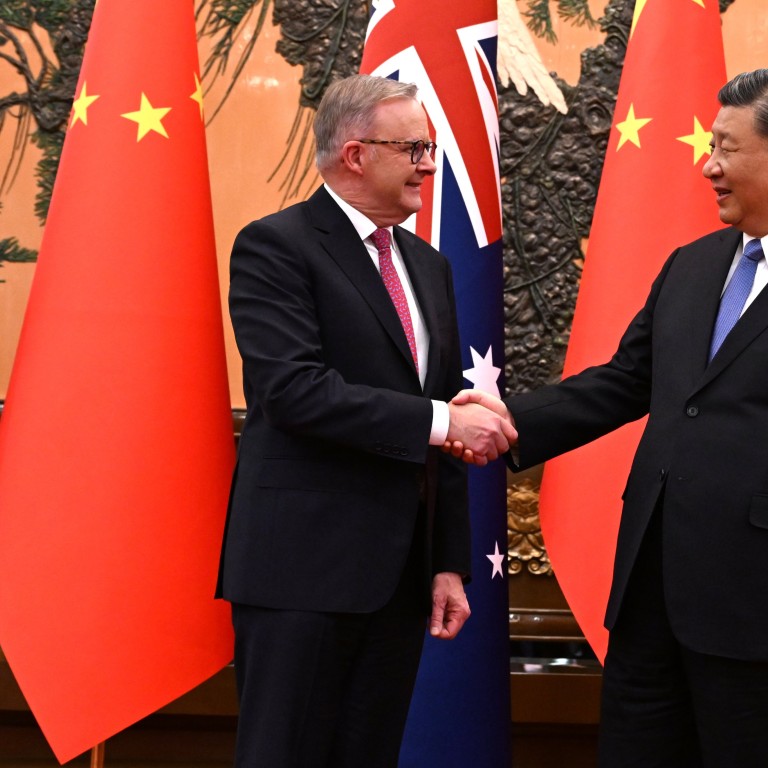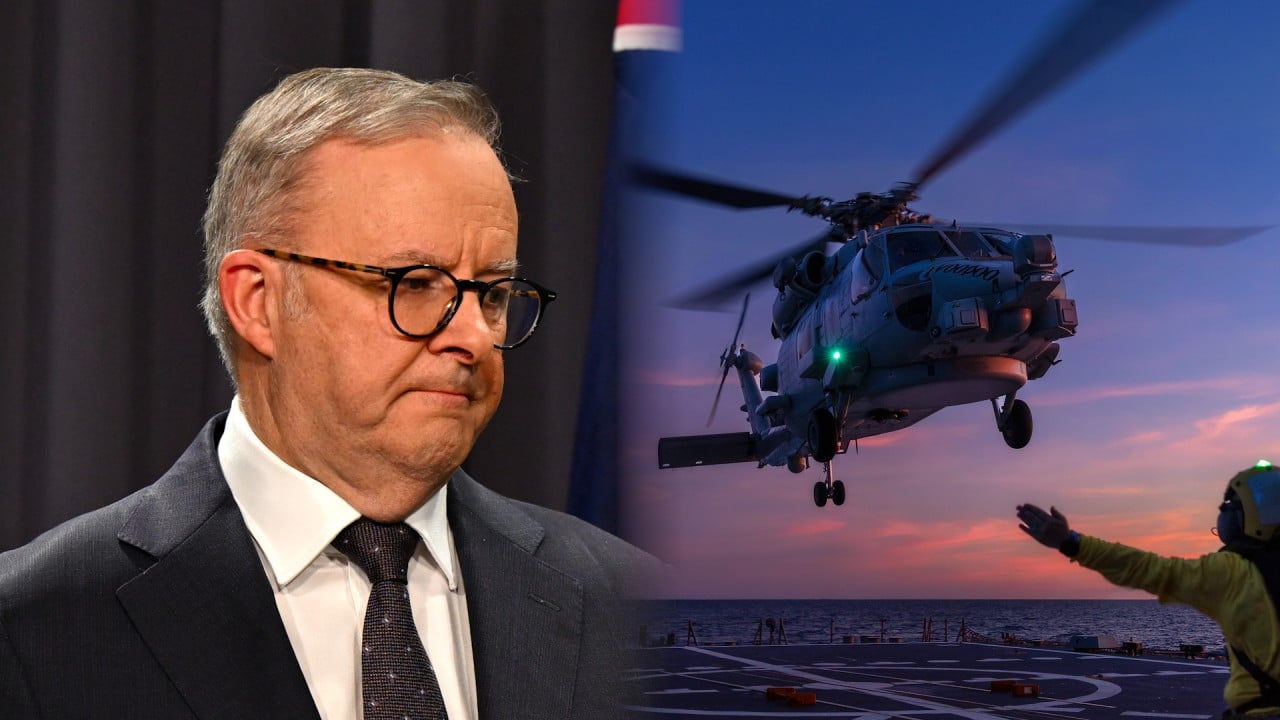
Australian media needs to know – Asia does not just revolve around China
- Australians want to do more business with Asia similar to Canberra’s goal but are perplexed by a lack of genuine coverage of the region
But almost all of them want feedback because they wish for better relations with Asia or to do more business with Asia, which is in line with what Canberra wants. However, they are concerned they do not get enough or the right information from the local press.
So here are some snippets from the Asia suggestions box.
First, on tourism, Asian tourists seem to love holidaying in Australia. For some visitors, seasons are wonderful; for others, Australia offers something refreshingly different from what they can get within a seven- to eight-hour flight.
For the many increasingly sophisticated Asian travellers looking for experiences off the beaten track, their expectations of Australia seem to have graduated beyond just kangaroos and koalas.

They say they sometimes go to Australia to enjoy grocery shopping at the two big supermarkets Coles and Woolworths for the good produce and go to the trouble of bringing home chilled supplies of food like cheese and yogurt as “souvenirs”.
One person told me a brand of peanut butter in Australia was to die for, and others craved Tim Tams.
On Asia knowledge, Asian journalists and businesspeople are often puzzled about the scarcity of stories about Asia in Australia, or why China always have to feature in a story about Asia.
Some are also perplexed as to why Australia needs to shout about its problems with China in the public realm when it is not a “major power”.
For example, one local journalist pointed out that when Prime Minister Anthony Albanese met Indonesian President Joko Widodo in Jakarta in 2022, there was plenty of news about bicycles as the two leaders had a photo op on bicycles. It was a colourful story but there was little else about Indonesia’s society, people and economy.
Many journalists in Australia on the other hand lament that the reason for the absence of such stories is that nobody reads those stories.
That of course is a familiar vicious cycle. While clicks and traffic are important to a media business, the public is none the wiser if they read or watch what they want but never learn about what they do not know.
Or sometimes, it is the absence of China that stands out, some say. There were many Australian media stories talking up Singapore backing the controversial Aukus nuclear-powered submarines when the city state welcomed the vessels to its naval base.
But they did not mention Singapore was also open to Chinese navy ships and many other countries.
Some Australians noticed it too.
In a submission to a Canberra parliamentary inquiry into supporting democracy in Asia-Pacific in 2022, a group of regional media executives and journalists who make up the Australia Asia-Pacific Media Initiative said Australia’s regional media voice had become “a little more than a whisper” because it was not talking with Asia but to Asia.
Stories in the local press are starting to look like a date between Australia and say Southeast Asia, which Canberra is courting, with China as the annoying third wheel.

The danger of that is the love interest in Southeast Asia will gradually feel a little miffed because all Australia talks about is China.
Others tell me there is still some subtle racism when they visit Australia, although it has to be said, which country is free of it?
One student from Singapore told me he was accused of setting off the smoke alarm in the student accommodation he was staying in Sydney because he might have been cooking rice in his room.
By the same token, many in Asia say they do not know enough about Australia even if they know much about kangaroos, koalas and groceries.
This is not lost on Canberra and its latest project, the Indo-Pacific Broadcasting Strategy, aims to fix that by providing more free Australian news and current affairs to media groups in the region.
The Australia-Asia connection is a work in progress but there is plenty from the suggestion box to heed.


